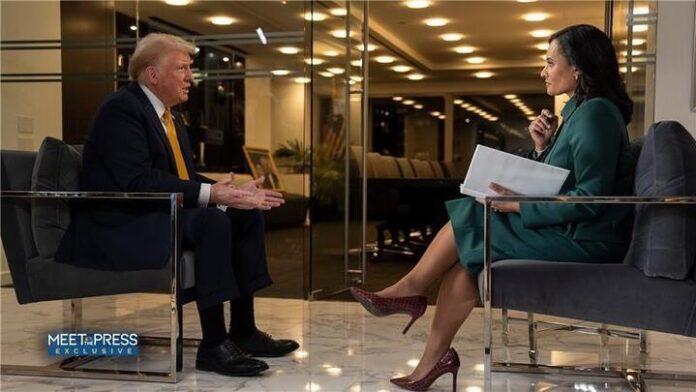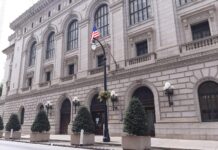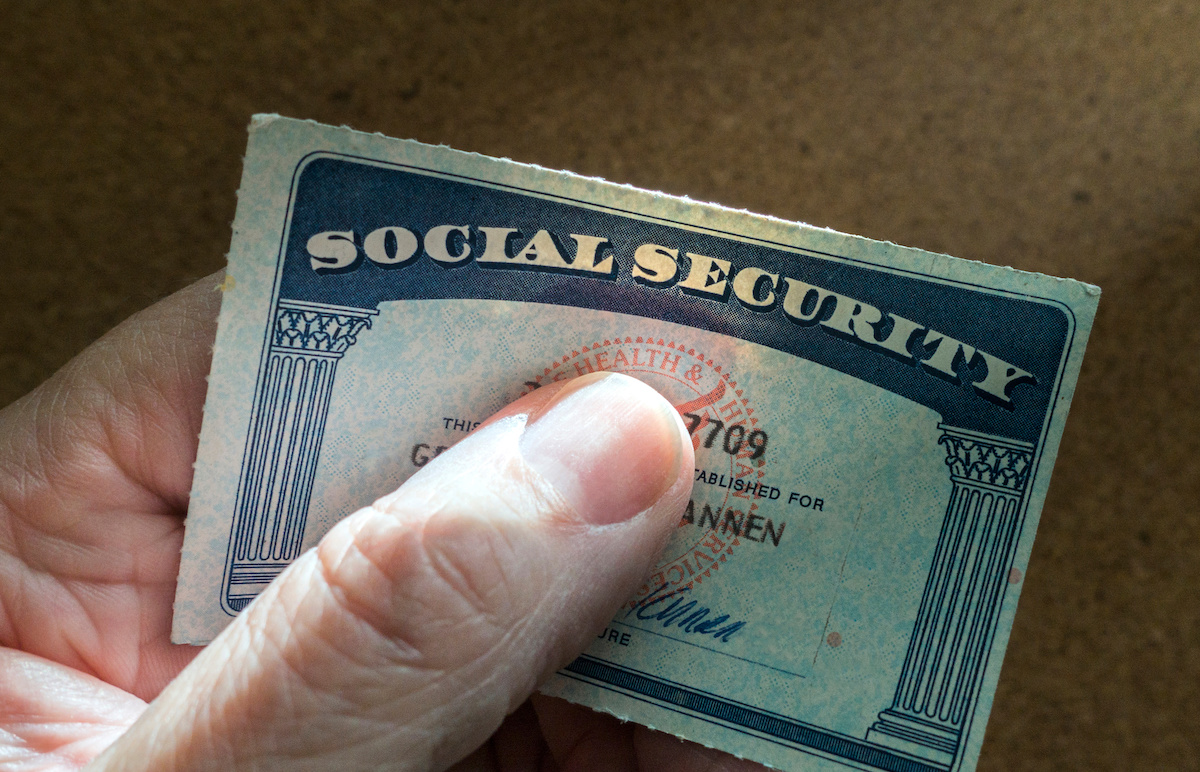
WASHINGTON (States Newsroom) — President-elect Donald Trump vowed to sign an executive order on his first day in office to end the constitutional right to U.S. citizenship for anyone born in the country, during an extensive Sunday interview on NBC’s “Meet the Press with Kristen Welker.”
But Trump also admitted there would be legal hurdles to carrying out his policy goal of amending the 14th Amendment. Many constitutional legal scholars have argued that Trump could not halt what is known as birthright citizenship through an executive order.
“We have to end it,” Trump told Welker. “We’re going to end that because it’s ridiculous.”
On other immigration topics, he said he is willing to make a deal with Democrats on keeping so-called Dreamers in the U.S., and he supports deporting entire families in his mass deportation plans, even if the children themselves are U.S. citizens.
But some of his most extensive comments were on birthright citizenship. “We’re gonna have to get it changed,” Trump said of the 14th Amendment.
Ratified in 1868
The U.S. Constitution’s 14th Amendment was ratified in 1868 and guarantees U.S. citizenship to anyone born in the country.
“All persons born or naturalised in the United States, and subject to the jurisdiction thereof, are citizens of the United States and of the State wherein they reside,” according to the 14th Amendment.
Trump said that he will try to end birthright citizenship through an executive order, “if we can.”
Experts take issue. “There is today no serious scholarly debate about whether a president can, through executive action, contradict the Supreme Court’s long-standing and consistent interpretation of the Citizenship Clause of the 14th Amendment,” Gerald Neuman, director of the human rights program at Harvard Law School, said in a statement in 2018 along with a group of constitutional law scholars.
Two-thirds of both the U.S. House and Senate would be required to vote to approve an amendment changing the Constitution, and three-fourths of state legislatures would have to ratify such an amendment for it to take effect. A convention could also be called by two-thirds of state legislatures.
While Republicans are set to control both chambers by January, it’s not by a margin of two-thirds.
During the interview, Trump also inaccurately claimed that the United States is the only country in the world that has birthright citizenship. More than a dozen countries bestow birthright citizenship, from Canada to Brazil.
Some countries have birthright citizenship, but with restrictions, such as France, which requires at least one parent be a citizen in order for the child to obtain citizenship.
A branch extended to Dreamers
Welker asked Trump what his plans are for the Dreamers, the more than 500,000 people in the Deferred Action for Childhood Arrivals program that he tried to end during his first administration. The DACA program is currently waiting for a federal court to decide its legal fate.
“These are people that have been brought here at a very young age and many of these are middle-aged people now, they don’t even speak the language of their country,” he said.
Trump said that he would “work with the Democrats on a plan,” but did not elaborate on any details.
Welker asked Trump about his mass deportation plans, a campaign pledge to deport millions of undocumented people, and how that would affect the more than 4 million mixed-status families, meaning families with different immigration statuses.
“I don’t want to be breaking up families,” Trump said. “So the only way you don’t break up the family is you keep them together and you have to send them all back.”
Welker asked if that included, “even kids who are here legally?”
“Whatcha gonna do if they want to stay with the father?” Trump said. “We have to have rules and regulations.”
Trump did not answer repeated questions as to whether he would bring back one of his harshest immigration policies, known as family separation, that separated parents from their children at the border. While most have been reunited, there are still about a quarter of children who are not with their parents.
“We don’t have to separate families,” Trump said. “We’ll send the whole family very humanely, back to the country where they came.”






